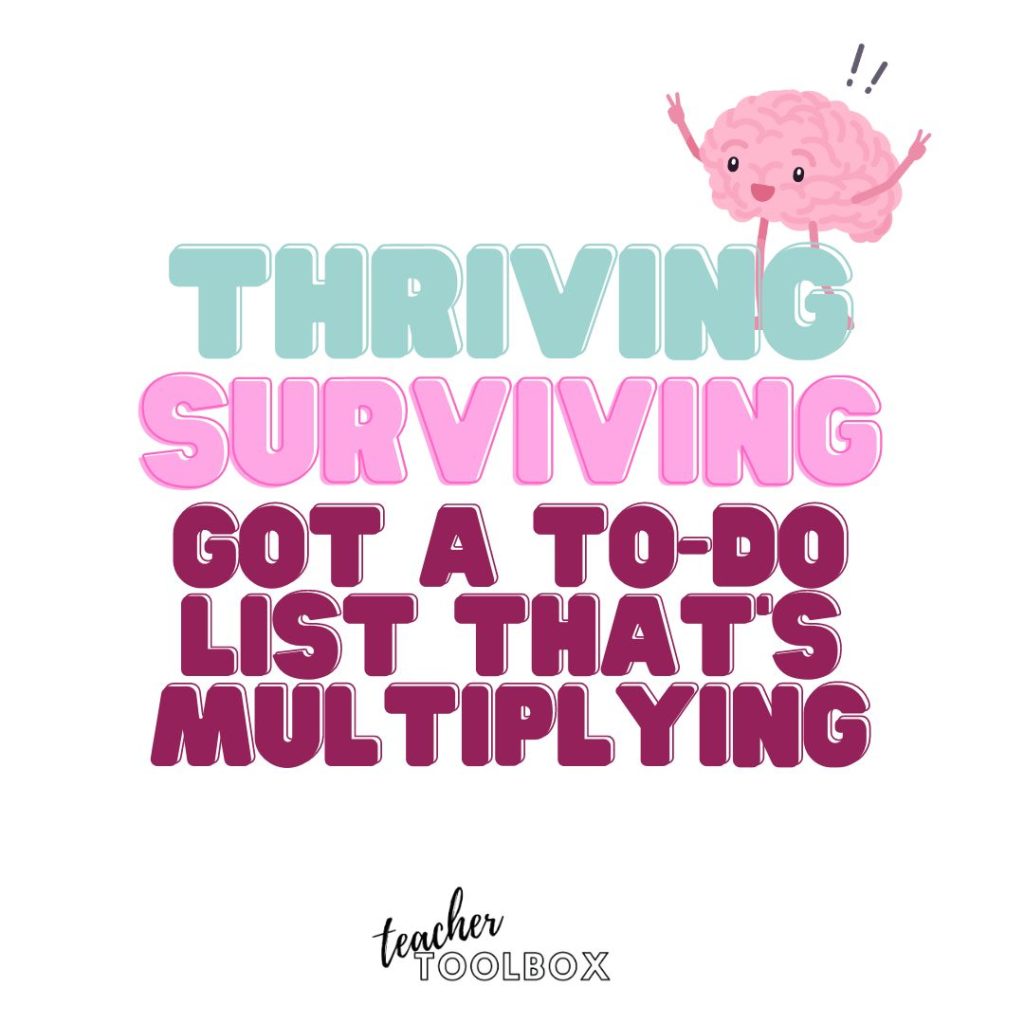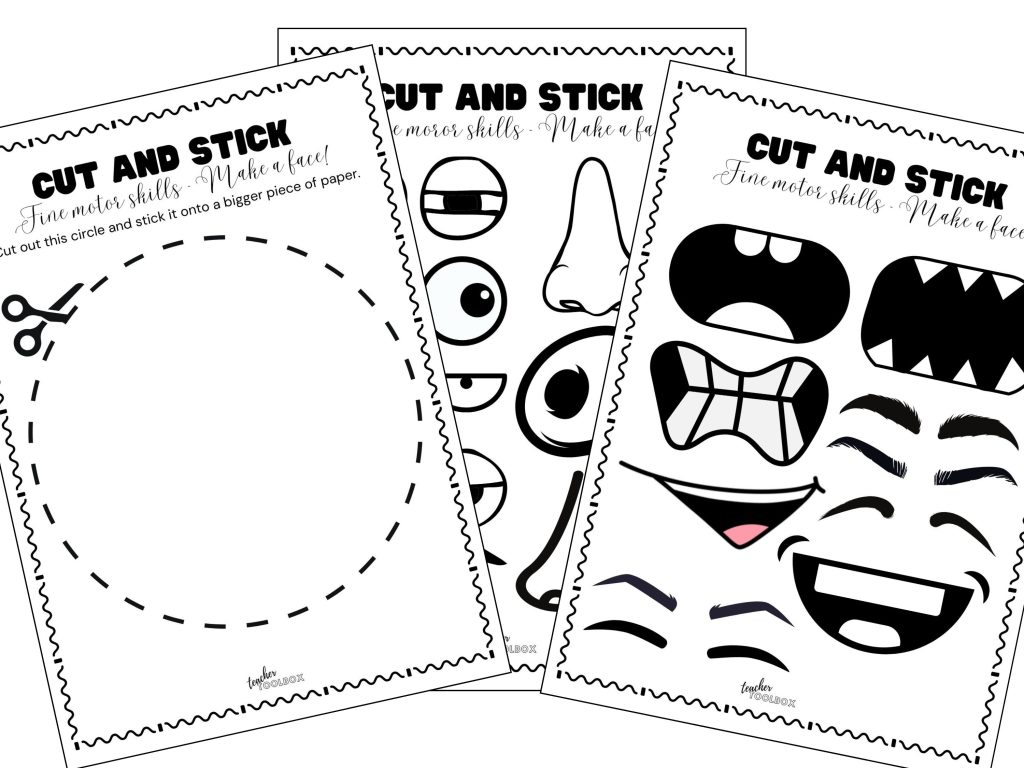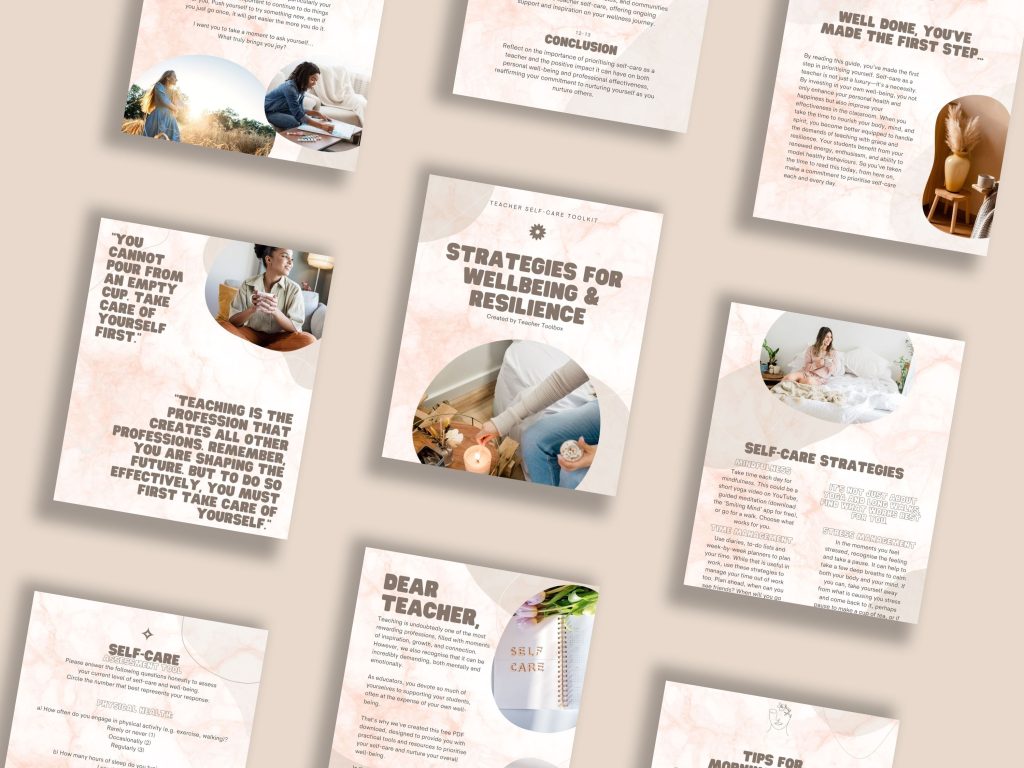Teacher guilt is a silent companion that often lingers in the background of an educator’s daily life. It’s a feeling that many teachers are all too familiar with, and it can manifest in various forms, from fretting over taking a day off to struggling to meet every student’s needs. In this blog post, we’ll explore the various reasons for teacher guilt, acknowledge its various faces, and learn how to liberate ourselves from its grasp.

1. The Guilt of Taking a Day Off
One of the most common forms of teacher guilt is the nagging sensation that arises when considering a day off. It’s as though teachers possess a unique superpower to feel guilty about taking time for themselves, even when they’re indisposed. The truth is, it’s okay to call in sick when you need to. We all know that not going to school often entails more effort – the preparation, explaining to colleagues, and setting things in order can be exhausting. So if you’ve made the choice not to go in, trust that it’s the right decision. Teacher guilt should not weigh you down when you’re genuinely unwell. Moreover, don’t let your leadership team or colleagues make you feel guilty about prioritising your health.
2. The Guilt of Never Doing Enough
Teachers often carry the weight of their students’ needs on their shoulders. It’s an admirable quality, but it can also lead to a relentless sense of teacher guilt. The truth is, as a teacher, you will always feel there’s more to be done. Instead of allowing this feeling to overwhelm you, see it as reflective practice and a commitment to constant improvement. Understand that you are always doing your best, and that’s enough.
3. The Guilt of Setting Boundaries
In the world of education, it’s not uncommon to hear about colleagues who work late into the night, dedicate their weekends to school events, and seem to have an endless well of energy. Comparing yourself to them can breed guilt, as if setting boundaries and preserving your personal time is somehow wrong. But it’s essential to remember that everyone has their own limits. Your well-being matters, and setting boundaries is an act of self-care, not negligence. Don’t allow the actions of others to dictate your sense of worth as a teacher.

4. The Guilt of Losing Patience
Teaching can be incredibly demanding, and stress can occasionally manifest in the form of lost patience with students. You’re only human, and it’s okay to admit that you can’t maintain unwavering patience throughout the day. Acknowledge these moments as opportunities for growth and self-awareness, rather than as failures. Remember that teaching is not about being perfect but about making a positive impact on your students’ lives.
In conclusion, teacher guilt is something that many educators face, but it’s crucial to recognise and address it. To break free from the chains of teacher guilt, you must allow yourself to be human, accept your limitations, and prioritise your well-being. Understand that your efforts are enough, and that it’s okay to take the time you need to recharge. Teaching is a noble profession, and to be the best teacher you can be, you must start by taking care of yourself.
Follow us on Instagram (@teachertoolboxuk) and like us on Facebook (Teacher Toolbox) for teacher-related content and to join the Teacher Toolbox community – we’re just starting out, but we hope to build a supportive and encouraging space.







